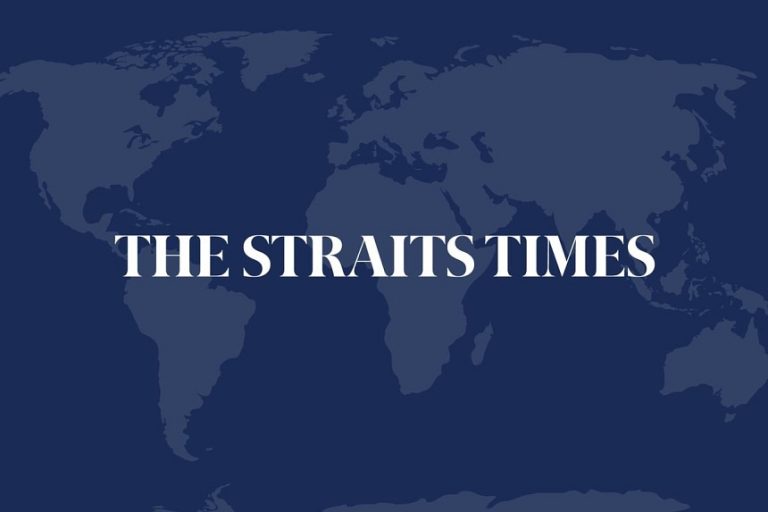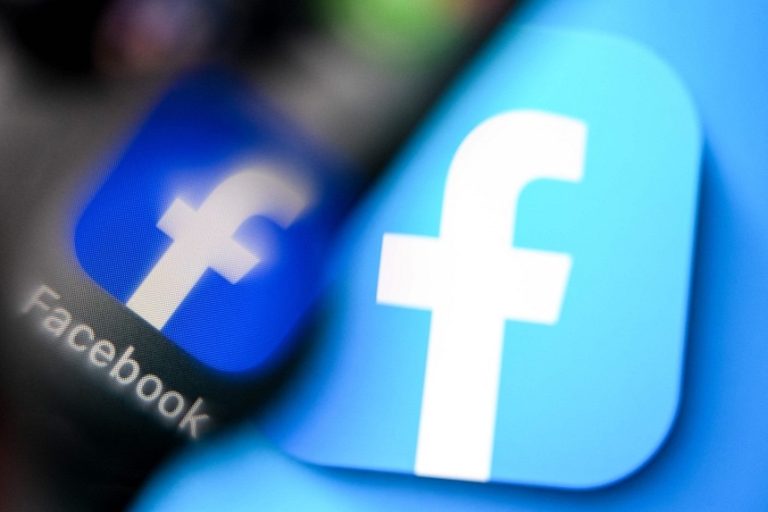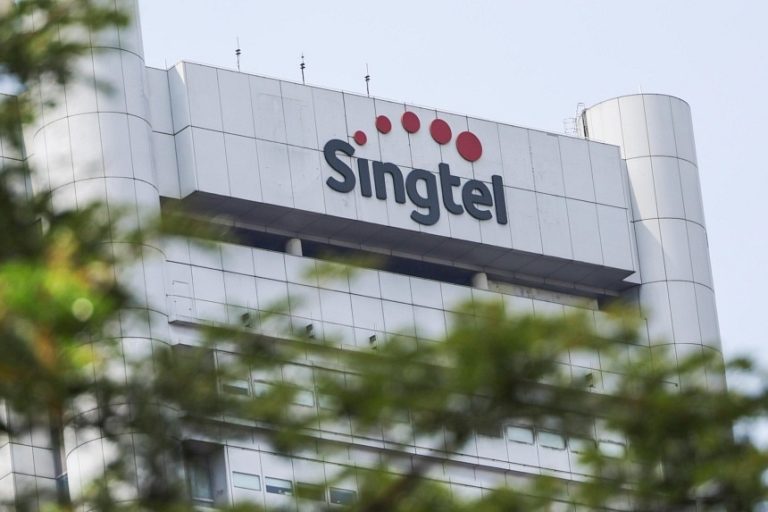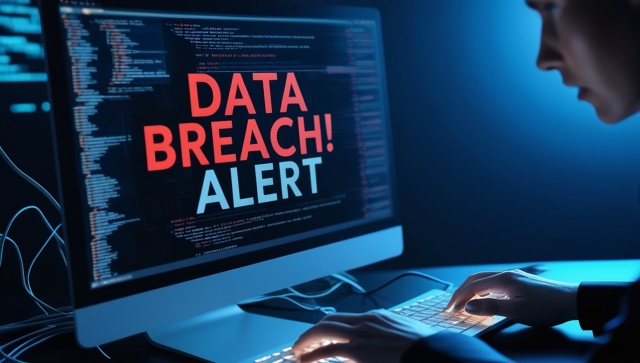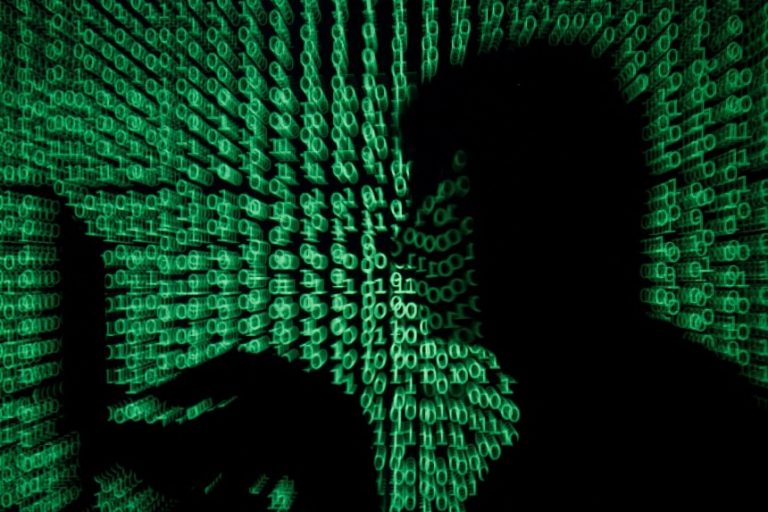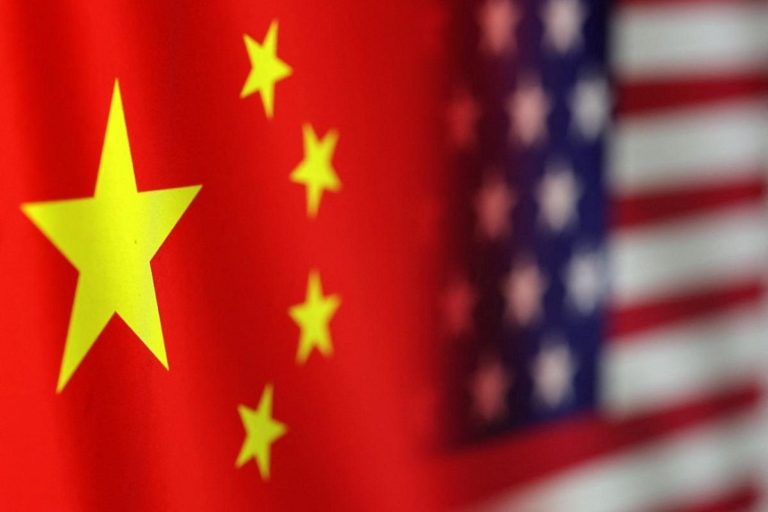SINGAPORE – Singapore Telecommunications Ltd., Singapore’s largest mobile carrier, was breached by Chinese state-sponsored hackers this summer as part of a broader campaign against telecommunications companies and other critical infrastructure operators around the world, according to two people familiar with the matter.
The previously undisclosed breach was discovered in June, and investigators believe it was pulled off by a hacking group known as Volt Typhoon, according to the two people, who asked not to be identified to discuss a confidential investigation.
Officials in the US, Australia, Canada, the UK and New Zealand – the “Five Eyes” intelligence-sharing alliance – warned earlier in 2024 that Volt Typhoon was embedding itself inside compromised IT networks to give China the ability to conduct disruptive cyberattacks in the event of a military conflict with the West.
The breach of Singtel, a carrier with operations throughout South-east Asia and Australia, was seen as a test run by China for further hacks against US telecommunications companies, and information from the attack has provided clues about the expanding scope of suspected Chinese attacks against critical infrastructure abroad, including in the US, the people said.
In an e-mailed response to queries from Bloomberg News, Singtel did not directly address questions about the alleged breach. “We understand the importance of network resilience, especially because we are a key infrastructure service provider,” the company said. “That’s why we adopt industry best practices and work with industry-leading security partners to continuously monitor and promptly address the threats that we face on a daily basis. We also regularly review and enhance our cybersecurity capabilities and defences to protect our critical assets from evolving threats.”
A spokesperson for the Chinese Embassy in Washington, Liu Pengyu, said he was not aware of the specifics, as relayed by Bloomberg, but that in general, China firmly opposes and combats cyberattacks and cybertheft.
The US is currently battling its own suspected Chinese attacks of political campaigns and telecommunications companies. Officials have described the telecom breaches as one of the most damaging campaigns on record by suspected Chinese hackers and one that they are still seeking to fully understand and contain.
In the US telecommunications attacks, which investigators have attributed to another Chinese group called Salt Typhoon, AT&T Inc. and Verizon Communications Inc. are among those breached, and the hackers potentially accessed systems the federal government uses for court-authorised network wiretapping requests, the Wall Street Journal reported in early October.
US intelligence officials think the Chinese hacking group that Microsoft Corp. dubbed Salt Typhoon may have been inside US telecommunications companies for months and found a route into an access point for legally authorised wiretapping, according to a person familiar with their views.
AT&T declined to comment. Verizon did not respond to a request for comment.
Through those intrusions, the hackers are believed to have targeted the phones of former President Donald Trump, running mate JD Vance and Trump family members, as well as members of Vice-President Kamala Harris’ campaign staff and others, the New York Times has reported.
In the case of the alleged Singtel breach, one of the people familiar with that incident said the attack relied on a tool known as a web shell.
In August, researchers at Lumen Technologies Inc. said in a blog post they assessed with “moderate confidence” that Volt Typhoon had used such a web shell. A sample of the malware was first uploaded to VirusTotal, a popular site for security experts to research malicious code, on June 7 by an unidentified entity in Singapore, according to Lumen researchers.
 Content creators Liyana Syahirah Ismail Johari and Muhammad Alif Ramli documented their journey in seeking help to manage digital assets.
Content creators Liyana Syahirah Ismail Johari and Muhammad Alif Ramli documented their journey in seeking help to manage digital assets.


